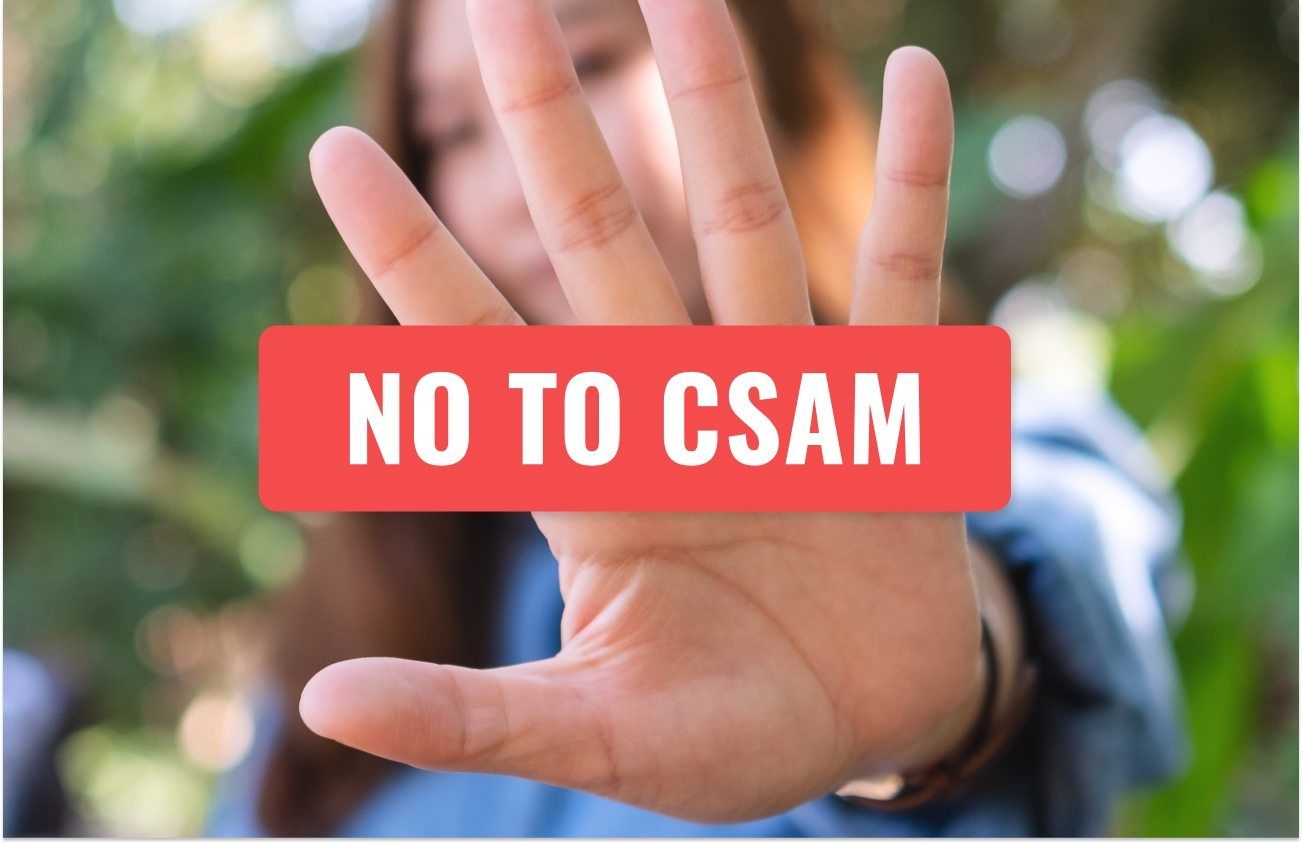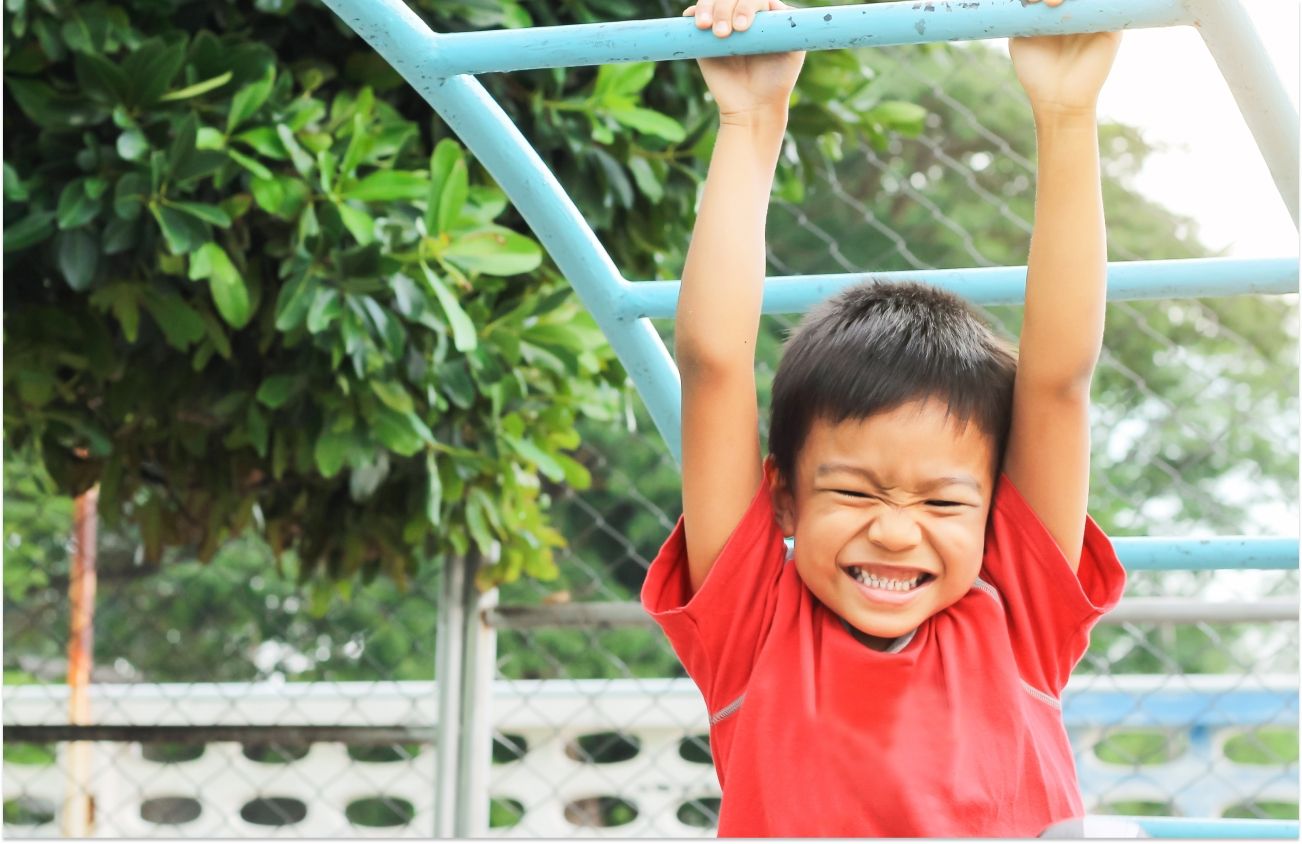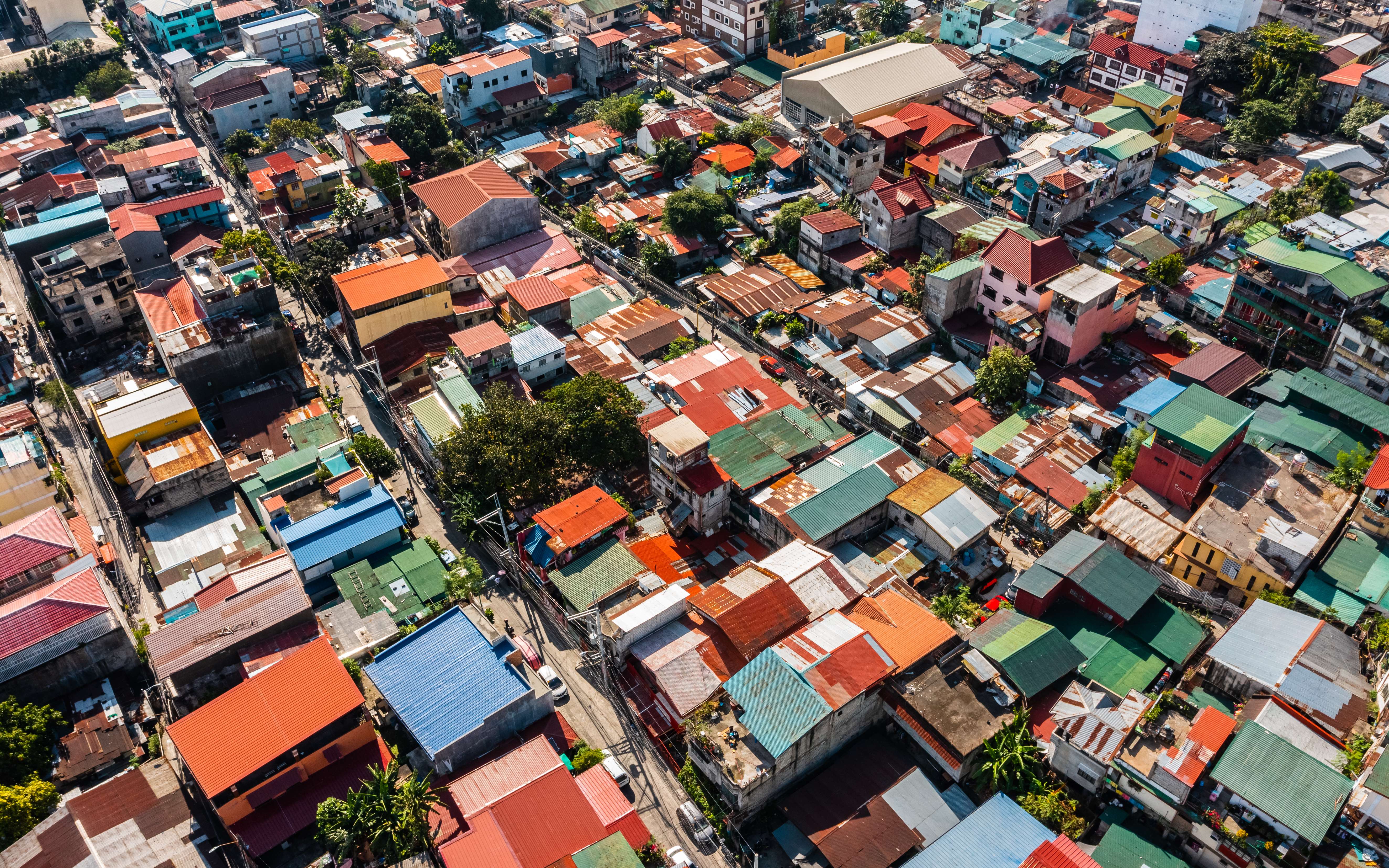
LEYTE, PHILIPPINES – A female trafficker received two life sentences for sexually abusing minors, including her own daughter, in exchange for money from online sex offenders.
On February 22, 2023, the Regional Trial Court Branch 10 in the municipality of Abuyog, Leyte found the trafficker (name withheld to protect the identity of her daughter) guilty of qualified trafficking, child abuse, and subjecting minors to online sexual exploitation.
“The conviction achieved by Prosecutor Junery Bagunas in this case was a big win for child protection. No child had to be put on the witness stand and be re-traumatized. Instead, the prosecution maximized the available digital evidence and tapped international collaboration to prove its case. This outcome demonstrates the effectiveness of child-protective approaches in prosecuting online child sexual exploitation cases,” said Regional Prosecutor Irwin Maraya.
The trafficker was given a life sentence for qualified trafficking and another life sentence for child abuse. She was also sentenced to a maximum of 17 years in prison for sexually exploiting minors online. The court ordered her to pay a total fine of P4.5 million for all three offenses.
Lawyer and IJM Cebu Director Lucille Dejito hailed the conviction as a huge win for global collaboration, as it stemmed from the arrest of Philip Chicoine, a Canadian offender who paid the Filipino trafficker to live stream the abuse of minors. One of the witnesses during the trial, Jay Schooley from the Royal Canadian Mounted Police (RCMP), authenticated the referral letter that RCMP sent to the Philippine National Police (PNP). This referral led to the investigation and eventual arrest of the Filipino trafficker in 2017. Another member of the RCMP, Corporal Jared Clarke, also testified that messages and explicit images were exchanged between Chicoine and the Filipino trafficker.
Dejito said, “This conviction is a significant milestone in the global fight against online sexual exploitation of children. It is a testament to the critical role of cross-border collaboration to timely rescue victims and bring perpetrators to justice. As a borderless crime, we must continue to seek borderless solutions.”
“This conviction is a significant milestone in the global fight against online sexual exploitation of children. It is a testament to the critical role of cross-border collaboration to timely rescue victims and bring perpetrators to justice. As a borderless crime, we must continue to seek borderless solutions.”
“Online child sexual exploitation is a borderless crime. It impacts all countries and targets our most vulnerable – our children,” said RCMP Chief Superintendent Gord Sage, Director General, Sensitive and Specialized Investigative Services. “This case demonstrates the importance of law enforcement working together on a global scale. The collaboration between the RCMP and Philippine National Police - Women and Children Protection Center (Visayas Field Unit) helped result in the conviction of this offender. The RCMP and its partners around the world work to safeguard children from online child sexual exploitation. Child protection efforts are strengthened when we all work together.”
“Online child sexual exploitation is a borderless crime. It impacts all countries and targets our most vulnerable – our children....This case demonstrates the importance of law enforcement working together on a global scale.”
Chicoine was convicted and sentenced to 12 years in prison (later increased to 15 years) in 2017 for orchestrating and paying for the live streaming of child sexual abuse. He pled guilty to 40 sexual offenses committed against children and was found to be in possession of more than 10,000 images and videos of child sexual abuse. He had spent more than $20,000 arranging for the live streaming of child sexual abuse of victims in the Philippines and Romania.
Meanwhile, members of the PNP Women and Children Protection Center-Visayas Field Unit (WCPC-VFU) arrested the Filipino trafficker on November 10, 2017. They caught her in the act of offering to perform sex acts on her own 7-year-old daughter and livestream those sex acts from her home in MacArthur, Leyte. Her daughter was rescued during the operation, along with eight other children.
The trafficker was then charged with violations of the Anti-Trafficking in Persons Act, the Cybercrime Prevention Act, and the Special Protection of Children Against Child Abuse, Exploitation and Discrimination Act.
To date, IJM has supported Philippine authorities in the conviction of more than 180 perpetrators for offenses related to the online sexual exploitation of children. IJM has also supported more than 320 operations, leading to the rescue of more than 1,080 victims. ###
Notes:
Under Philippine laws, the name and personal circumstances of the trafficked person or any other information tending to establish the identity of the trafficked person and his or her family shall not be disclosed to the public.
The Terminology Guidelines for the Protection of Children from Sexual Exploitation and Sexual Abuse, also known as the Luxembourg Guidelines, prescribes the use of the term “child sexual abuse material” or “child sexual exploitation material” instead of “child pornography”. Sexualized material that depicts or otherwise represents children is a representation, and a form, of child sexual abuse and should not be described as “pornography.”
For more inquiries, contact: Evelyn Pingul Director, Brand, Media, and Communications IJM’s Program Against Online Sexual Exploitation of Children [email protected]
About IJM
International Justice Mission is a global organization that protects people in poverty from violence. IJM partners with local authorities in 29 program offices in 17 countries to combat slavery, violence against women and children, and police abuse of power against people who are poor. IJM works with local authorities and governments to rescue and restore survivors, hold perpetrators accountable, and help strengthen public justice systems so they can better protect people from violence.
Our 21 years of work in the Philippines led to a dramatic decrease in the prevalence of sex trafficking of children in bars and brothels—reductions ranging from 72%-86% in the cities where we partnered with local authorities. In 2016, IJM fully transitioned our program in the Philippines to combat online sexual exploitation of children, in particular the trafficking of children to create new child sexual abuse materials, including via livestreaming. We have assisted Philippine authorities in more than 308 operations, leading to the rescue of 1037 victims and arrest of 320 suspects of online sexual exploitation of children (first case dates to 2011).












